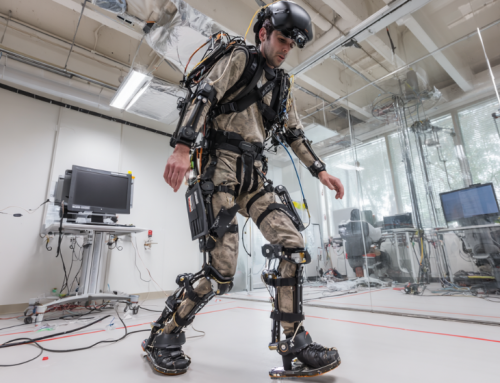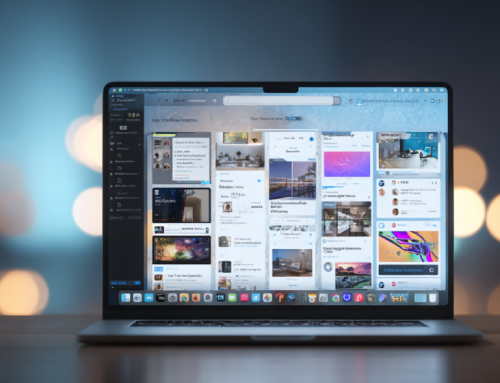
Hacked Medical Devices Could Endanger Data, Patients
Industry experts warn that the proliferation of IoT devices into healthcare — the so-called IoB or “internet of bodies” that includes devices from hospital equipment, to “wearables”, to medical implants even– represent a critical vulnerability to cyber attacks and data breaches. More from The Washington Free Beacon:
“Medical care is the next cyber warfare,” technologist Janine Medina explained Thursday at a panel on the cybersecurity problems posed by the emerging prevalence of internet-connected medical and body-embedded devices.
Medina appeared alongside several other panelists at the Atlantic Council to discuss how “Internet of Bodies” (IoB) devices could pose security challenges requiring novel regulatory solutions. The conversation comes in the context of several high-profile attacks using Internet of Things-related devices, as well as the major leak of collected personal information after the hacking of credit-rating agency Equifax in July. According to Medina, as well as co-panelist Andrea Matwyshyn, the increasing incorporation of Internet of Things devices into human bodies, especially for medical purposes, exposes new risks for which individuals, corporations, and the government are insufficiently prepared.
The so-called “Internet of Things” (IoT) refers to the trove of internet-enabled devices beyond one’s laptop: the internet-connected car or thermostat or alarm clock. One analysis suggests there are now some 8.4 billion IoT devices, projected to grow to 20.4 billion by 2020.
Among these devices, Matwyshyn explained, are an increasing number of body-related tools, both medical and not. These may be as insignificant as fitness trackers like FitBit, or as complicated as the antenna that artist Neil Harbisson had implanted directly into his skull in order to “hear” color.
The increasing prevalence of body-connected devices prompted Matwyshyn to develop her concept of the Internet of Bodies, referring to all of the internet-connected bodily devices, from heart monitors to pacemakers. As medicine and recreation both grow to increasingly depend on internet-connected body devices, she said, it will face novel legal and security challenges.
“The legal and technological challenges of the Internet of Things will transfer into this Internet of Bodies,” Matwyshyn said, “particularly the challenges we’ve faced with respect to rampant security vulnerabilities in the Internet of Things.”






